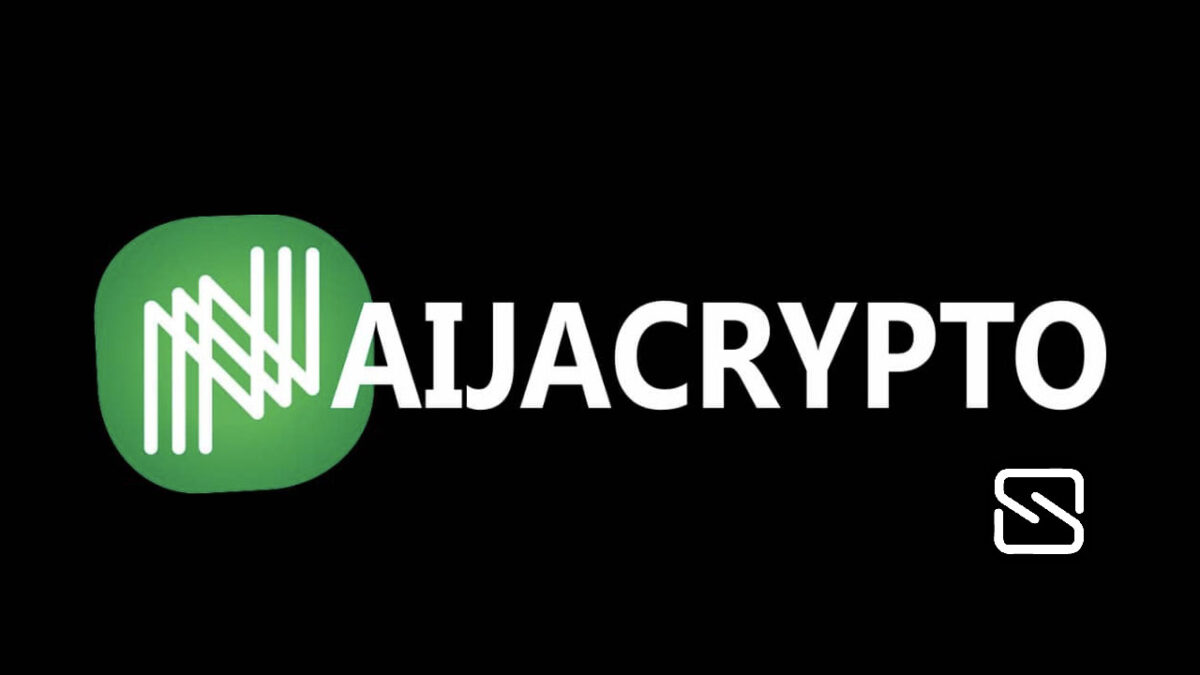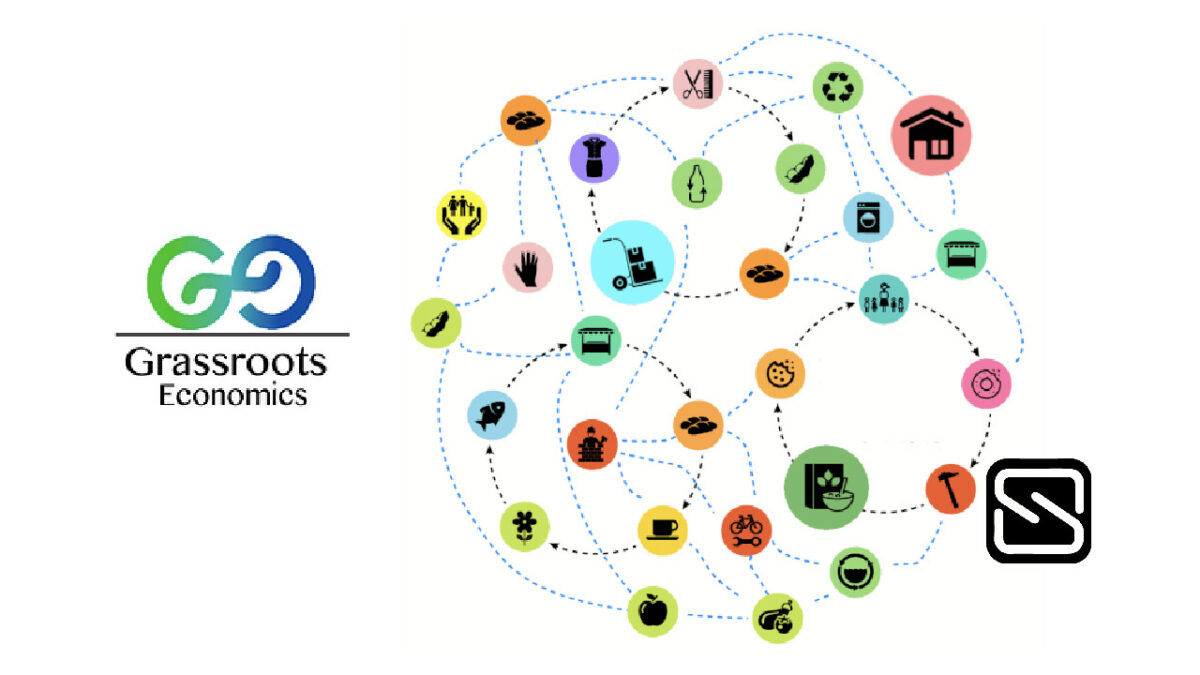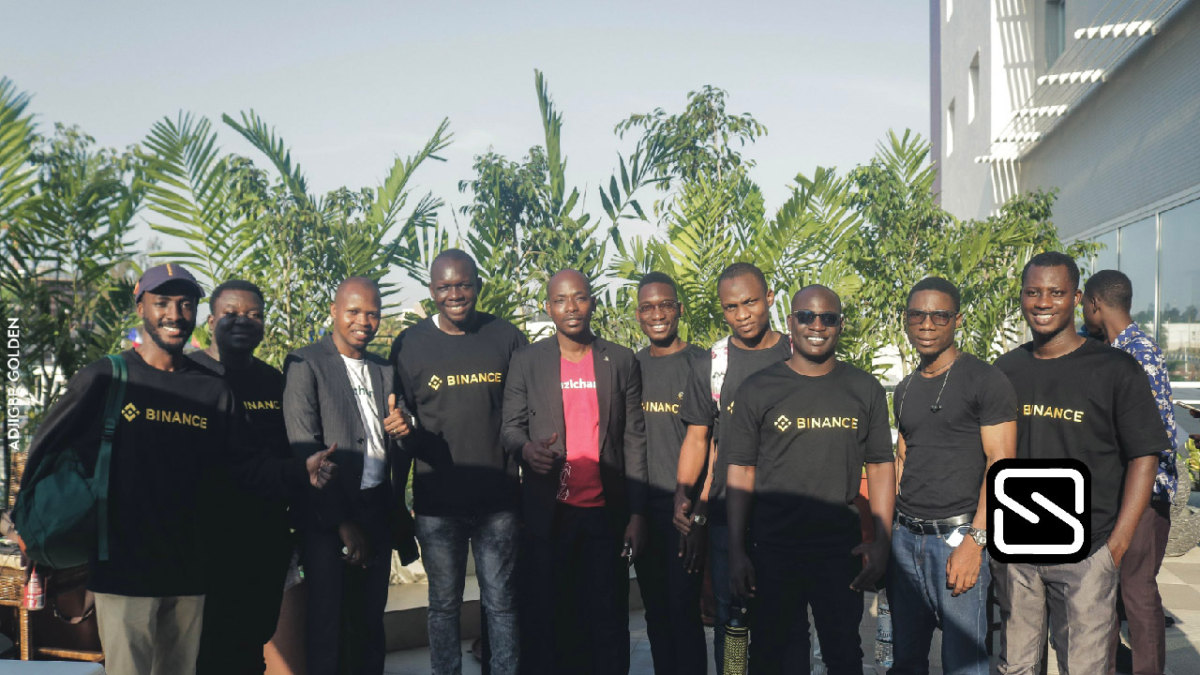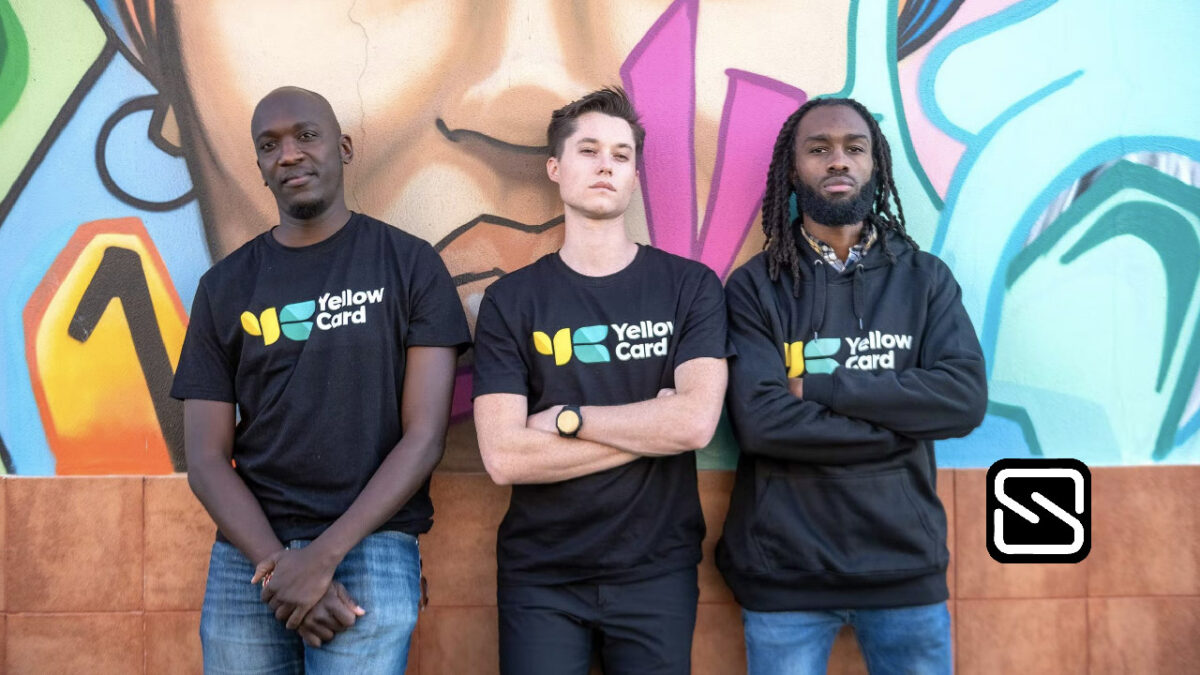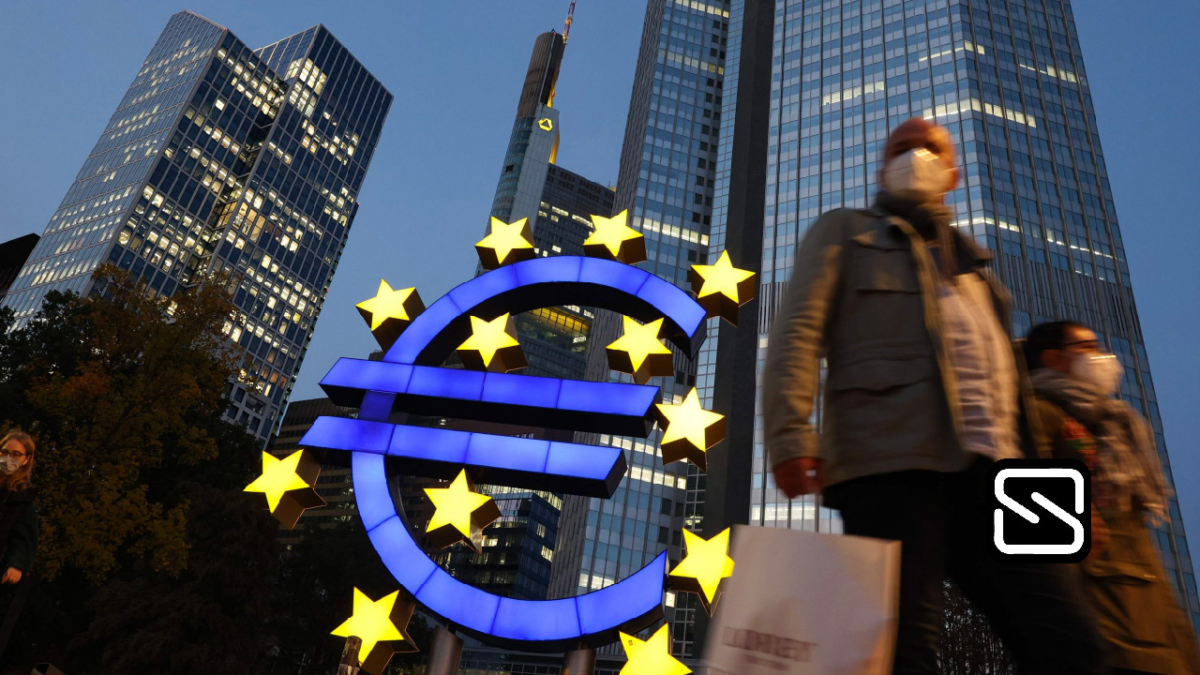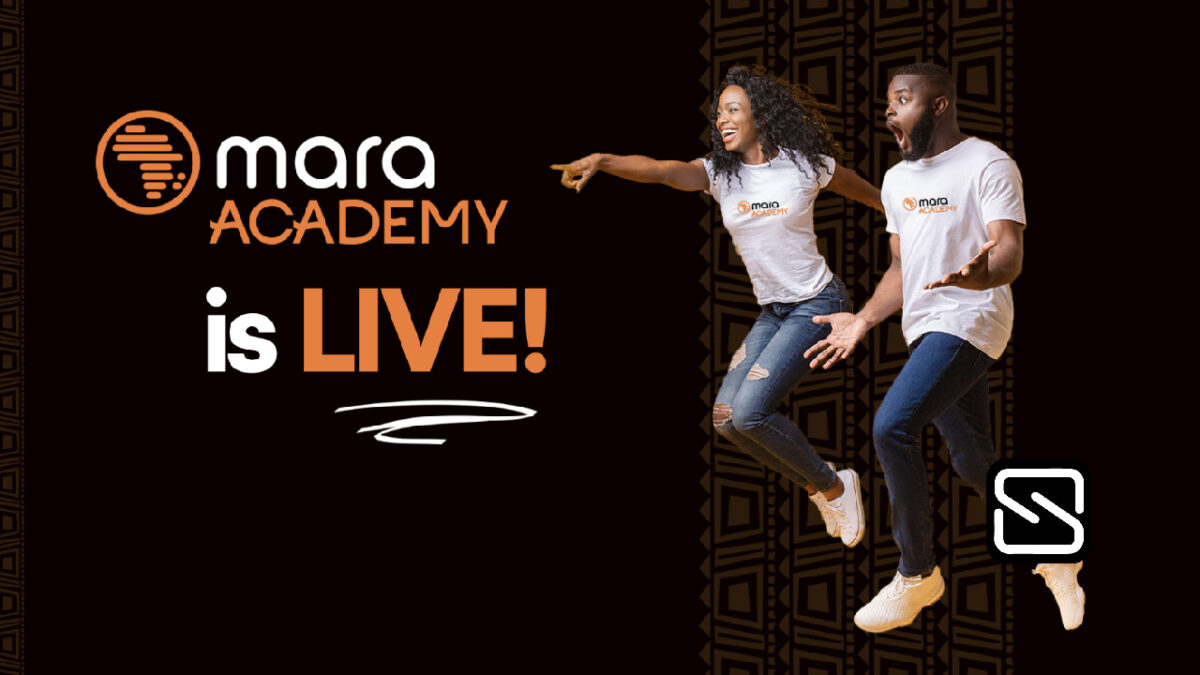Mara, a Pan-African ecosystem for digital finance that demystifies blockchain technology, recently launched the Mara Academy, a brand-new, free educational online platform that will support the development of blockchain and digital finance in Africa, foster a community of wealth creators, and more so establish a talent pipeline for the continent’s future.
Through the academy, Mara is on a mission to help people reach their full potential. This will be achieved through a series of pathways and an innovative curriculum delivery model with chosen partners that will offer Africans, ranging from highly skilled, multi-disciplinary technologists to non-traditional learners with equal access to upskilling, education, and a clear path to global opportunities.
The academy, which was created with course material focused on Africa, will also give lifetime access to all course materials, such as the instructor, videos, practice exams, and capstone projects. Although anybody can use the Mara academy, it will be developed to educate more Africans, encouraging the adoption of blockchain technology and digital finance.
According to data from Gemini’s 2022 Global State of Crypto report, education is the biggest global barrier to owning digital assets. Africa needs to be equipped with the appropriate tools and abilities due to the rapid growth and growing utilization of digital assets throughout the continent and beyond.
Over 40% of Africans are yet to purchase any digital assets due to a lack of trust, apprehension about price volatility, or because they do not understand how to buy and hold these digital assets. As a result of the lack of education, digital asset scammers have targeted Africans with Ponzi schemes promising to give lucrative returns and deliver above-market returns on staked tokens and yield farming, eroding trust and interest in wider digital finance adoption in the process.
The academy seeks to close this knowledge gap and act as a one-stop resource hub for a comprehensive grasp of financial literacy, blockchain, NFT, Web3, wealth generation, and management.
While offering more insights on the academy, Kate Kallot, Co-Founder and Chief Impact Officer at Mara said, “The education program caters for anyone, anywhere, and at any time. Through an innovative mix of delivery methods, partnerships, and customisable content, we hope to meet people where they are and create communities of like-minded people not only involved in digital finance but cultivating shared interests.”
“Our aim is to reach far and wide, beyond the capitals, and create a tribe that crosses geographic, financial, and technological barriers,” Kallot added.
The academy’s program consists of three content components and that is coursework focused on blockchain, and digital financial literacy to help learners enjoy self-paced learning, and for learners to have a better understanding of savings and investment in blockchain.
Furthermore, learners will also be educated on budgeting, setting financial goals, investing, and wealth management using digital tools.
Chi Nnadi, Co-Founder and Chief Executive Officer at Mara also commented, “The prioritization of financial literacy in Africa is important and the Mara Academy offers quality education, resources, and opportunities to enable them to gain the requisite skills needed to diversify our future workforce.”
She added, “Our mission with this Academy is to give every willing African the opportunity to learn skills that will qualify them for higher-level employment, so they are better positioned to prosper and work toward their ultimate dreams. With the Academy offering skills training at no cost to Africans far and wide, Mara will be a critical ecosystem that will champion the African dream and build a more equitable workforce in the digital economy. We encourage every African to leverage the Academy and be future-ready.”
Learners who complete courses will be awarded gold standard certificates that can be shared with prospective employers and professional networks to access well-paying career opportunities.
